What's Left Of Your Game
We're creating games that will be mostly forgotten in a short time after they are born. Can we change that? What can we do to create a memorable game with a longer life-span?

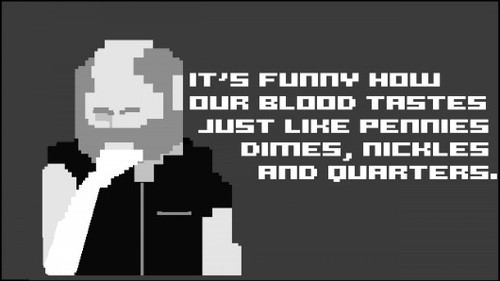
I think at this point it's pretty easy to say that the game industry is over-saturated. Not only the Facebook games or the mobile platforms, even the PC-only indie games are so many now, and there are so many average games everywhere, we have to pick the best of the best to buy/play, which is not easy. But not only that, there is such little time for a game to shine, before it gets "old", it becomes a thing of the past. We are living in a world where games get old so much faster than movies, music or any other kind of entertainment product. Some of that has to do with ever-changing technologies and the way we are playing games, new control schemes, etc. But that also has to do with games not having enough personality of their own.
I'm working on my first project that will (hopefully) be available as a digital product to buy. I don't have a following. At this point, the best thing I can do is to try to give a personal and honest experience with my feelings and my thoughts, because the people who are likely to buy my game will do it to support independent art. What these people want from me is a personal experience rather than huge explosions and silly fun fueled by a big budget. But even if I had money and I had a huge following, I would do the same. Here's why:
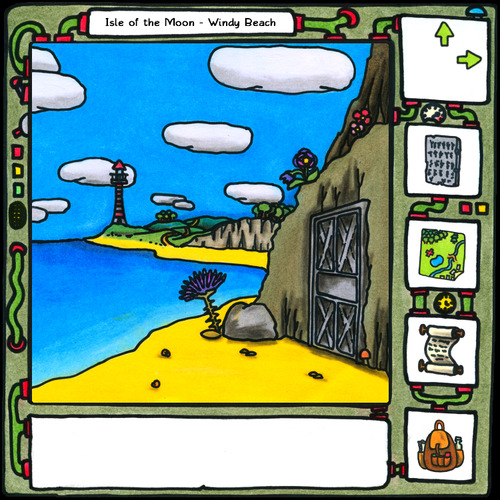
Take the game, "The Sea Will Claim Everything" by Jonas & Verena Kyratzes for example. It's got hand-drawn graphics and an awesome writing. It's not your usual video game, it feels more like reading an interactive book. It's full of personality, it seems like all the feelings the developer has gone through while making the game found a place in the game. If you buy it, not only you get an experience that you can't get elsewhere, you also feel good about supporting independent art. However, no matter how special the game was, it didn't sell all that many so that the developer doesn't want to or can't port the game to mobile devices.
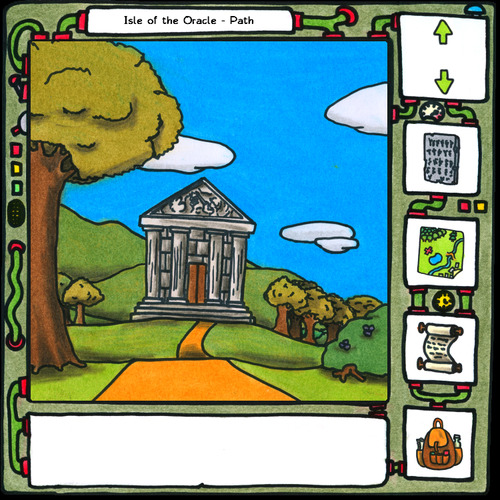
I don't consider it as a failed project nor I think the developer would feel that way, too. One of the main reasons why it's not very popular is that players don't want to read a lot of text in a game. But I think, we should be concentrating on the plus sides, because the game actually has a following, it's been picked up and loved by many people who also wrote stuff about it. If it wasn't a personal experience, if the writer of the game tried to write a AAA game story that is supposedly suitable to be loved by masses for this game, nobody would care about the game. Nobody would think it was special. If the developer was thinking about the money aspect, the game would be worse, both artistically and economically.
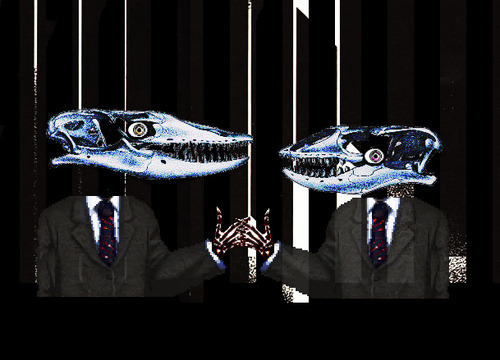
Take the free games we see all over the internet, now. Take the games you see on freeindiegam.es, or GameJolt. Those sites tell us about these awesome little creations, all having their personality of their own, most of them made with no intentions to make money out of it. They are creations of love. Some of them are created to serve the artistic visions of the creators, and you can't get many games like that on Steam. They represent to me, what games actually want to be, without the traps of "business" and "industry".
If you are independent, and you have an artistic side that you want to show to other people; you really need to stop thinking about games as something that makes money and begin looking at it purely from an artistic view. What does the game want to be? Does the things you put in the game everyday serve your vision, your goal, the finished product you dream about? That's only fair to the game you are creating, and that's the only way you'll feel satisfied with your creation.

The elephant in the room is, in this case, what to do if you are a full time indie and have no money nor a successful project at hand that's about to make enough money? I would say, don't be a full-time indie. It's not fair to your vision if you are thinking about making money the whole time. It does not seem very possible to make the game of your dreams this way. Work at nights, let the game build up slowly. Build a healthy relationship with your game instead of yelling at it "why aren't you finished already?"
Know what you have to do, know that it might take years to make your game part-time but at least you won't feel so trapped all the time. It's sooner to hate your game if all you do in life is to work on the game.
Our industry suffers from people thinking about money all the time. They are ruining it for everybody. We have more than enough of these people, getting into games, because games are this easy and hip way of making money. Welcome to the wonderfully over-saturated world of games, because somehow everyone thinks that there are mountains of money to climb. They are making the games industry a worst environment. We don't need Rihanna runner games or Justin Bieber dress-ups.

Let me tell you why I am so obsessed with games being the way it needs to be instead of how they are supposed to make money. Because video games can be works of art. They can be remembered as special experiences, they can change the player in unexpected ways. Books don't get old as easy as games do. But we can change that. If we stop thinking with the industry terms the whole time and look at games, we'll do better. Games will be more respected, more people will want to play them.
Independent games are works of independent art. If you are making independent games, make that count, put your personality in it. Because if you do; years later, when the game's life-span is completed, people will remember the experience, the unique graphical style, the jokes you put into it, the story, interesting use of mechanics, how the game felt like and how it wasn't like anything they have played. Even if it's dead by then, it will be a good memory. And that is, one step closer to making games' life-span longer.
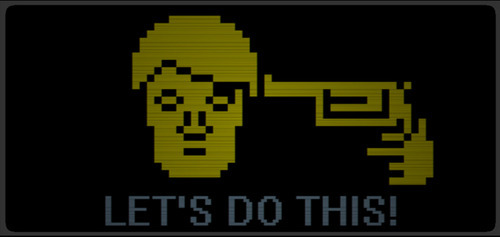
About the Author(s)
You May Also Like













